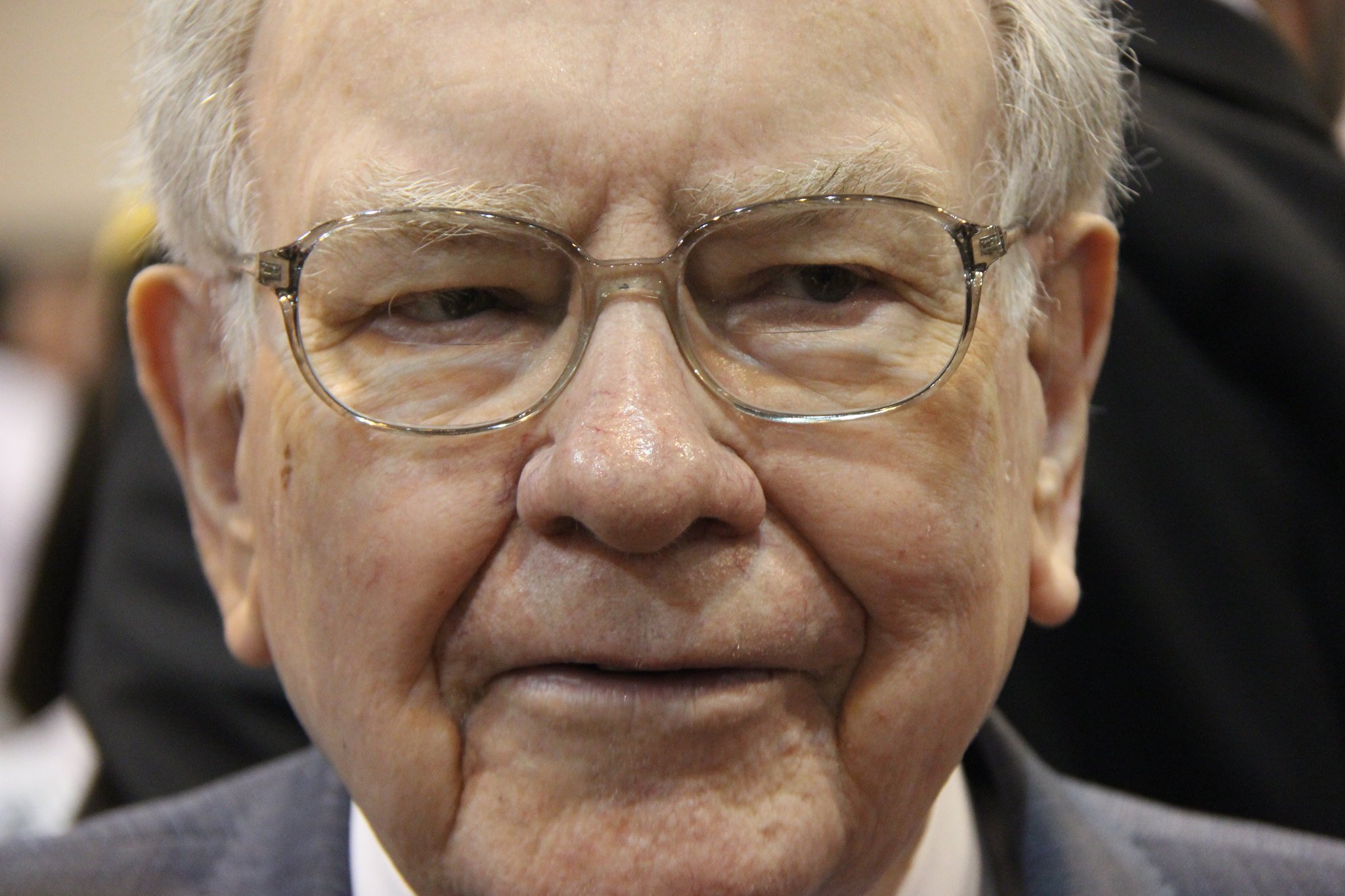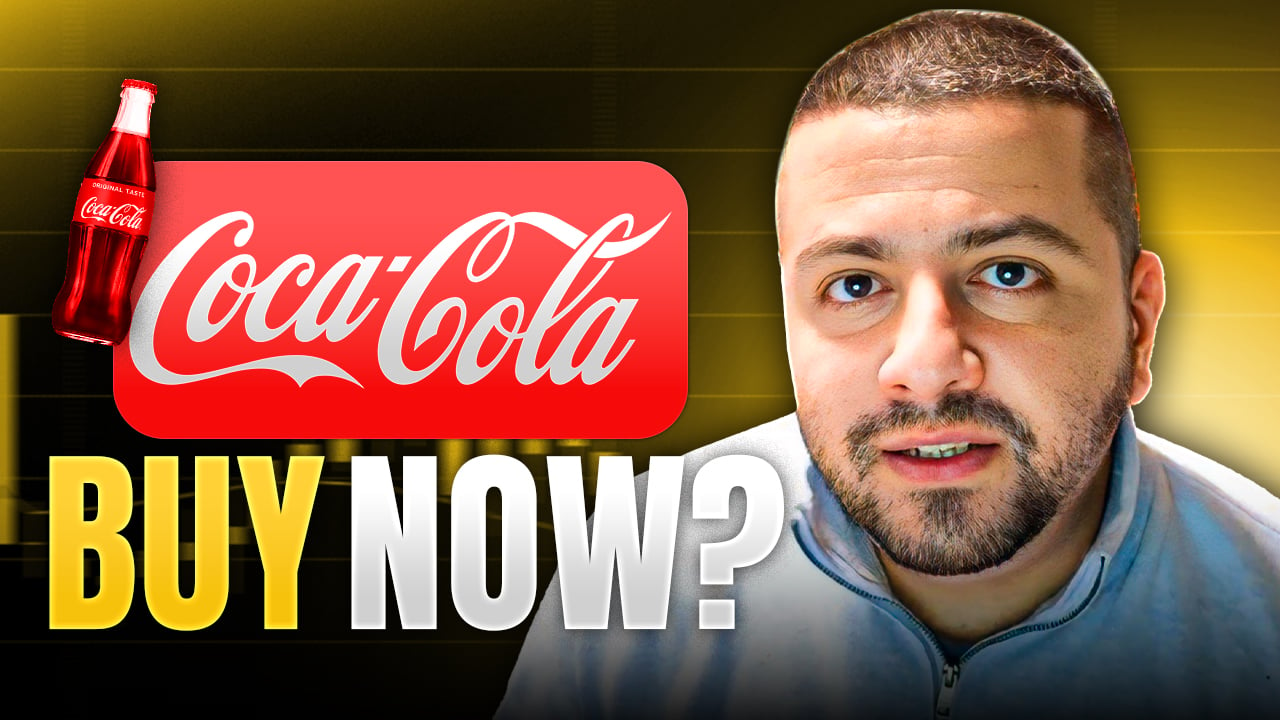
Source: Coca-Colalife.com.ar.
The stevia-based version of Coca-Cola's (KO 0.18%) soda introduced in Argentina last year helped generate a 7% jump in beverage volumes in 2013, compared to a 2% drop in North America. And according to Forbes, with diet soda sales continuing to crater, Big Red will be bringing the sweetener alternative to the U.S.
Diet Coke volumes have been in free fall for the past decade as consumers became more concerned about what they were ingesting, which helped cause a backlash against artificial sweeteners like aspartame and high fructose corn syrup. PepsiCo (PEP 0.81%) has also fallen out of favor with consumers, and its Diet Pepsi brand is suffering from similarly dramatic declines, but it's Diet Coke, which accounts for nearly a quarter of convenience-store diet-soda sales, that's felt the largest impact. Over the three-month period ending this past April, unit sales fell another 6%, while Diet Pepsi's were down only 3.3% in the same period.

Source: Beverage Digest.
Coke bought the Vitaminwater brand in 2007 for $4.2 billion and it's estimated to generate some $300 million annually for the drinks maker. Along with other waters like Dasani (as well as juices, teas, and energy and sports drinks), Coke's still beverages unit accounted for 32% of unit case volume last year and North American sales rose 5% last year. That's instructive because Coke has been rolling out a stevia-flavored Vitaminwater since the beginning of the year -- and longtime drinkers are not happy with the change.
Like many of its sodas, Coke's Vitaminwater was flavored with a mix of HFCS and cane sugar, but with continuing concerns about obesity and the contribution of such ingredients to its cause, beverage makers are seeking out lower-calorie alternatives. Plant-based stevia is seen as a leading alternative if for no other reason than it is viewed as "natural."
Unfortunately, as I've highlighted previously, commercial stevia is not exactly the same as that derived straight from eating a leaf of the plant, as it goes through a manufacturing procedure making it so highly processed that courts have ruled it can't be marketed as natural. Cargill, the manufacturer of the top-selling Truvia brand of stevia, has set up a $5 million fund to pay consumers who were allegedly deceived because it marketed the sweetener as such.
Yet some say, processed or otherwise, stevia leaves a bitter aftertaste, and Vitaminwater's fans are complaining about it. Thus the new stevia-based Coca-Cola Life that's being brought to market in the U.S. may face similar criticism, though it's possible the fizzy nature of soda might mask it to a certain extent. Pepsi introduced a stevia version of its Next soda in Australia, and Dr Pepper Snapple Group, which is trying to quickly come up with an alternative to the imploding sales of its Core 4 TEN line that's flavored with aspartame, high-fructose corn syrup, and acesulfame potassium, is also exploring the sweetener. Because commercial stevia is not really as natural as most consumers would think, and it's causing a backlash among Coke's Vitaminwater drinkers, it seems doubtful the new soda line will bring new life to Coca-Cola by staunching falling soda sales.







